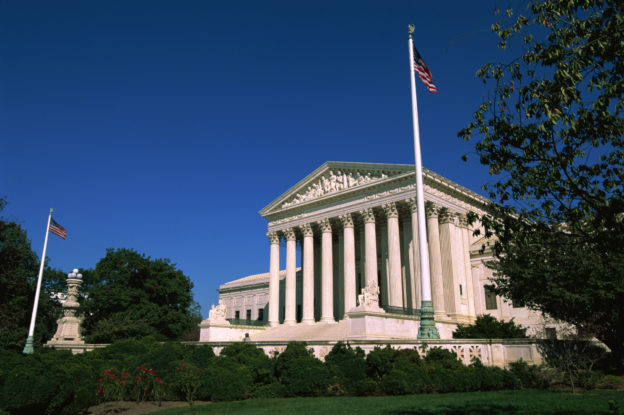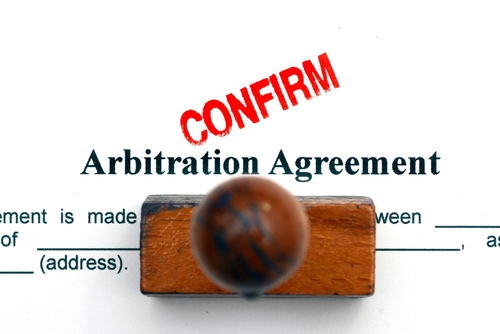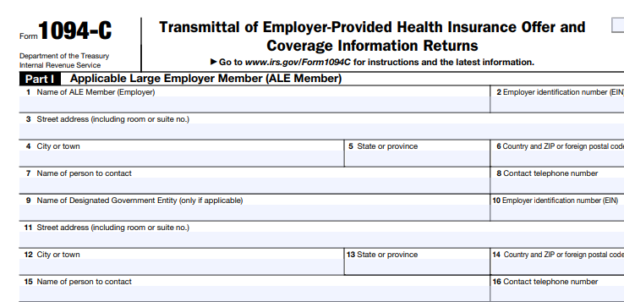
Bryan Benard
by Bryan Benard
In late May, the U.S. Supreme Court ruled that arbitration agreements between an employer and an employee to resolve employment disputes through one-on-one arbitration do not violate the National Labor Relations Act (NLRA). In a huge win for businesses, the Epic Systems Corp. v. Lewis decision means that employers may use arbitration agreements to prohibit employees from filing and joining class or collective action lawsuits in employment-related matters.
In the weeks since SCOTUS’s decision, organizations have asked important and thoughtful questions on how to implement and use arbitration agreements and class action waivers with their employees. Although no guidance is “one-size-fits-all,” these FAQs may help answer common issues that come up.
Why Should We Use an Arbitration Agreement?
By requiring that employees resolve employment disputes through arbitration instead of filing a lawsuit in court, employers may benefit from numerous differences in both procedure and exposure. First, proceedings before a neutral arbitrator (or panel of arbitrators) are handled in private whereas lawsuits filed in a state or federal court are available to the public. In other words, unless documents are filed under seal, most court documents, hearings, and trials will be open to anyone, including reporters, competitors, other employees, etc. Consequently, requiring arbitration keeps publicity related to employment disputes at a minimum.
Second, procedures and evidentiary rules differ between arbitration and court proceedings. An employer may set forth in the arbitration agreement which arbitration rules will govern employment-related disputes. In addition, the employer and employee (and their attorneys) mutually select an arbitrator whereas the parties to a court action do not have input into the judge assigned to their lawsuit. In addition, an arbitrator has broad discretion over discovery and need not follow formal discovery and civil procedure rules that govern the courts (which may or may not be desirable in a given context). Finally, although there are some grounds for judicial review, arbitration awards generally cannot be appealed, meaning that disputes can get to a final resolution quicker.
What are the Benefits of a Class Action Waiver?
A class action waiver is typically one provision within an arbitration agreement stating that the employee agrees to resolve employment disputes on an individual basis and agrees to refrain from pursuing or joining any class or collective actions in conjunction with his or her fellow employees. By having employees waive class actions, businesses may avoid lengthy and expensive class action lawsuits that often involve hundreds, even thousands, of current and/or former employees nationwide. In addition, attorneys who represent employees are unlikely to receive the millions in attorneys’ fees that can be awarded as class counsel when forced to represent employees on an individual basis.
Are There Any Downsides to Using an Arbitration Agreement and/or Class Action Waiver?
Sure, it is possible that mandatory arbitration agreements and class action waivers may not be a good fit for every employer or for use with every employee. Although generally viewed as a benefit to employers, private arbitration can mean that resolution of an issue with one employee does not bind or even influence the resolution of that same issue with other employees. Accordingly, some employers may want to have a court rule on the lawfulness of a particular policy or practice so that it has more certainty for future enforcement. Also, smaller companies may not see the benefit in separately litigating each employee’s dispute in a separate proceeding if the company only has a handful of employees—meaning that in some situations, addressing multi-plaintiff cases could be less expensive if the pool of employees is relatively small.
In addition, arbitration is not always less expensive than court litigation since the employer is generally required to pay its own attorneys’ fees as well as most of the arbitration and arbitrator fees. There is also criticism and skepticism leveled at arbitration, on the theory that arbitrators will not grant motions to dismiss or summary judgment motions, or may attempt to “split the baby” rather than making tough decisions in favor of employers. Finally, a remote but possible scenario in a tight labor market is that key employees may refuse to agree to these mandatory agreements resulting in the loss of good talent or skilled, experienced workers.
May We Make New Employees Sign a Class Action Waiver as a Condition of Employment?
Generally, yes. You may make it a condition of employment that new hires sign a mandatory arbitration agreement with a class action waiver. Read more




















